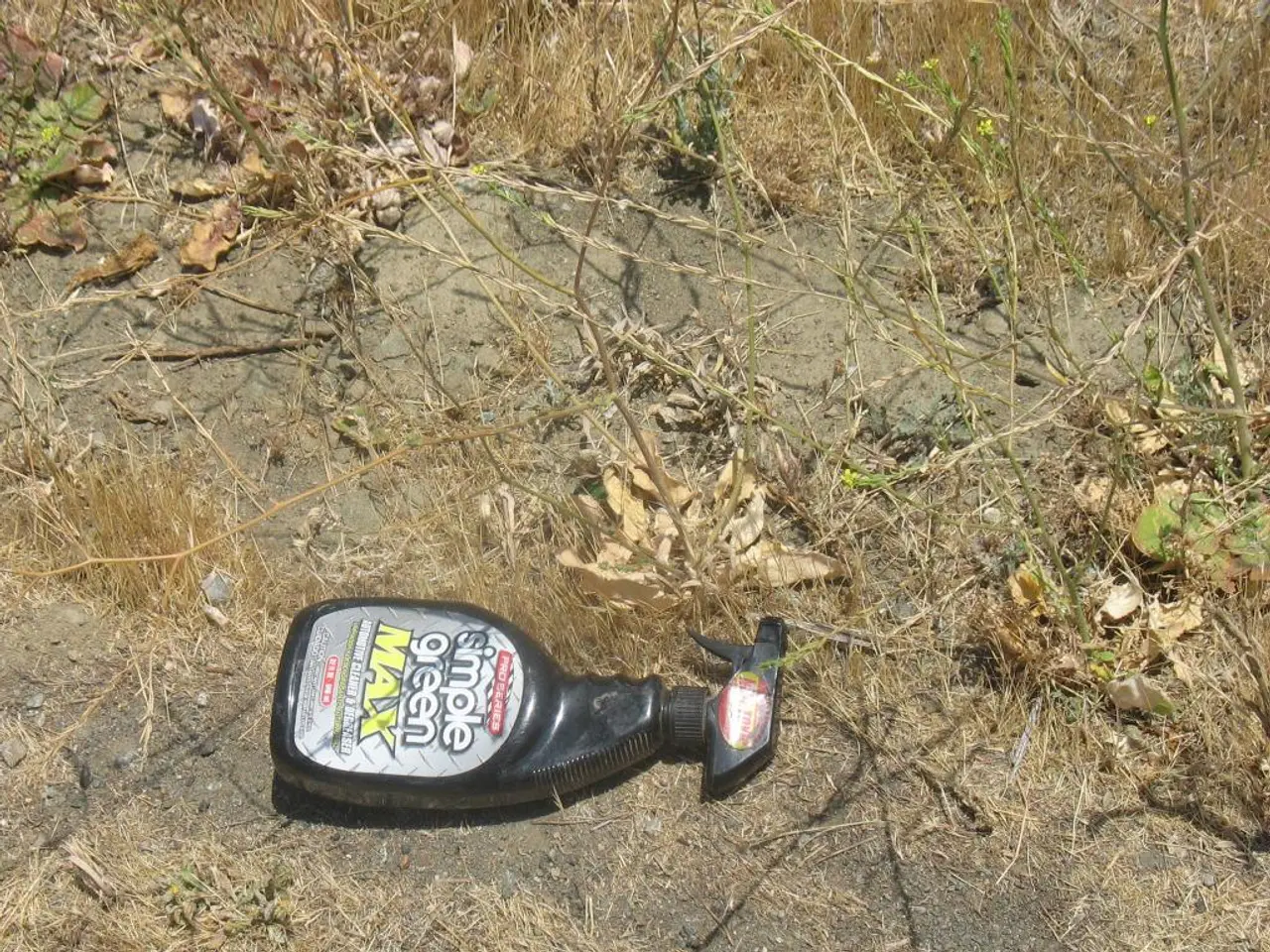Despite the imposition of sanctions, numerous nations continue to import Russian goods
In the midst of financial pressures from the Trump administration's trade war and inflation, Iowa farmer Josh Manske finds himself in a predicament. His concerns are shared by many, as the global market for nitrogen-based fertilizers like UAN is dominated by one key player: Russia.
Josh Linville, vice president of fertilizer at StoneX, sheds light on Russia's dominance in the market. Cheap natural gas abundance makes Russia a significant player in fertilizer production. In fact, the United States imports over 2 million tons of fertilizer annually, with around 1 million tons coming from Russia.
However, the situation is not without complications. Countries imposing sanctions on Russia must be prepared to bear some of the cost, according to economist Elina Ribakova. This is evident in the case of India, which faces an extra 25% tariff specifically for importing Russian oil.
The dichotomy of countries sending aid to Ukraine while also helping Russia's wartime economy is a topic of debate. Ribakova points out that this shows the limitations of economic sanctions. Meanwhile, the EU has spent over $8 billion on imports of Russian liquefied natural gas (LNG) during the third year of the full-scale invasion. Even Spain has increased imports of Russian LNG.
The EU has seen a 9% year over year increase in the volume of LNG imports, a trend that continues despite the sanctions. Critical metals such as uranium and palladium are also imported from Russia by the United States.
The issue of economic sanctions against Russia is complex, as highlighted by Ribakova. Sanctioning a globally integrated economy like Russia makes it difficult, she states. Isaac Levi, a Europe-Russia policy expert, criticizes European leaders for not doing enough to cut ties with Russia on fossil fuels.
Despite the sanctions and tariffs, the practical need for these fertilizers remains high. In 2025, the United States continues to import fertilizers from Russia largely because domestic production capacity has decreased due to rising energy prices, increasing dependency on imports primarily from Russia and the Middle East.
Iowa farmer Josh Manske, who uses fertilizer that might be imported from Russia, expresses a desire for Russia to get out of Ukraine but cannot handle more price increases. He voices his concern about funding Vladimir Putin due to Russia's actions in Ukraine.
As the world grapples with the economic implications of sanctions against Russia, the need for a balanced approach becomes increasingly apparent. The transcript for this article was created on a rush deadline by an NPR contractor and may not be in its final form.
HJ Mai, NPR News, Washington.







